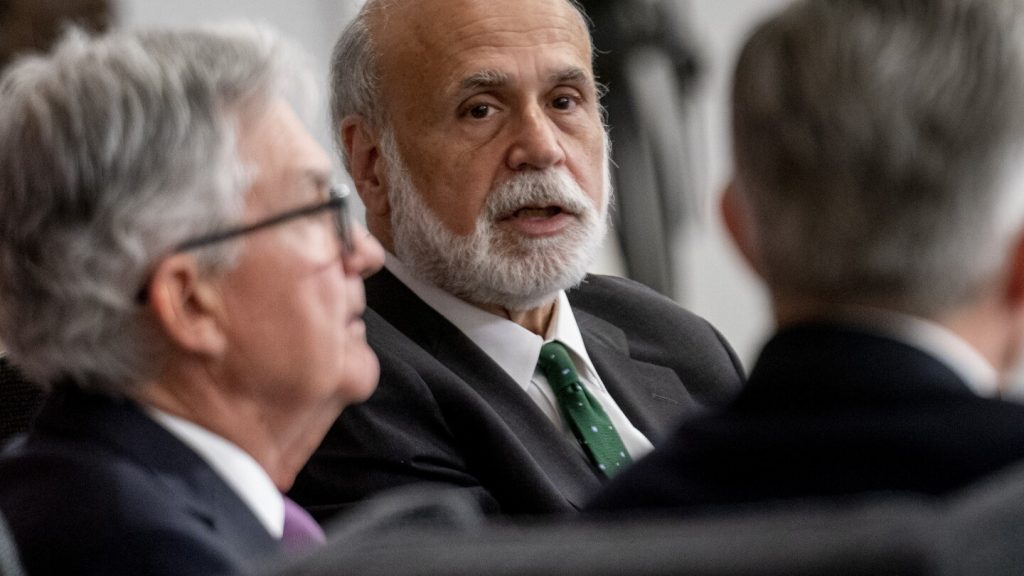The Bank of England’s economic forecasting has come under scrutiny, with a review by former U.S. Federal Reserve Chair Ben Bernanke finding significant shortcomings that need to be addressed. The review highlighted problems caused by out-of-date software that had not been properly maintained, leading to issues in forecasting accurately amidst economic shocks such as the coronavirus pandemic and Russia’s invasion of Ukraine. Bernanke made several recommendations for improvement, which the Bank of England has committed to implementing.
One of the key recommendations is for the Bank of England to produce its own forecasts of future interest rates, which could help inform its inflation forecasts. Critics have accused the central bank of being slow to respond to surging inflation caused by events like Russia’s invasion of Ukraine and supply chain disruptions due to COVID-19 restrictions being lifted. As a result, inflation in the UK reached multidecade highs, leading to the Monetary Policy Committee raising interest rates to combat rising prices.
The decision to raise interest rates has had consequences on the British economy, with growth remaining stagnant over the past year. Higher interest rates cool the economy by making borrowing more expensive, which can impact spending and economic activity. While inflation has eased globally due to higher interest rates, the British economy is facing challenges in terms of growth. Economists are not expecting a significant uptick in economic performance in 2024, as the Bank of England continues to navigate the impact of its interest rate decisions.
Bank of England Governor Andrew Bailey described the review as a “once-in-a-generation opportunity” for the central bank to update its models and adapt to a more uncertain world. The institution has faced criticism for its forecasting accuracy in recent years, and the review by Bernanke provides a roadmap for improvements. By implementing the recommendations, the Bank of England aims to improve its forecasting capabilities and ensure it can make more informed decisions regarding interest rates and inflation in the future.
The central bank has acknowledged the need to modernize its forecasting models and prioritize maintaining software and models for accurate predictions. With the challenges posed by recent economic shocks, including the global pandemic and geopolitical events, the Bank of England must enhance its forecasting capabilities to navigate the complex economic landscape. By addressing the shortcomings identified in the review, the central bank aims to strengthen its credibility and effectiveness in managing the UK economy in the face of uncertainty and volatility.
Overall, the review of the Bank of England’s economic forecasting by Ben Bernanke highlights the importance of updating forecasting models to address significant shortcomings. The central bank’s response to economic shocks and inflation pressures has been critiqued, prompting calls for improved forecasting capabilities. By implementing the recommendations outlined in the review, the Bank of England aims to enhance its ability to make informed decisions regarding interest rates and inflation, ultimately improving its effectiveness in managing the UK economy amidst challenging economic conditions.


